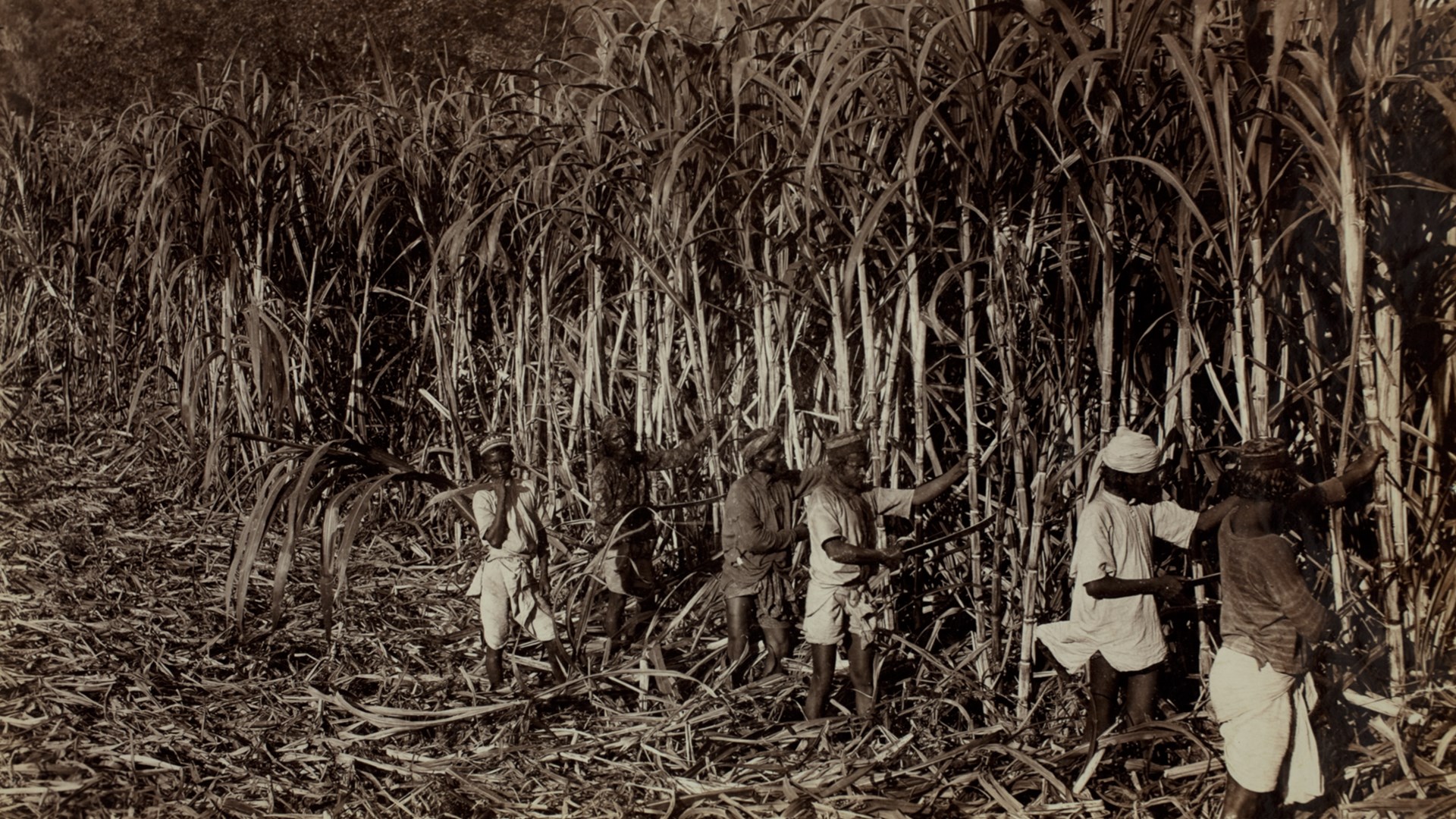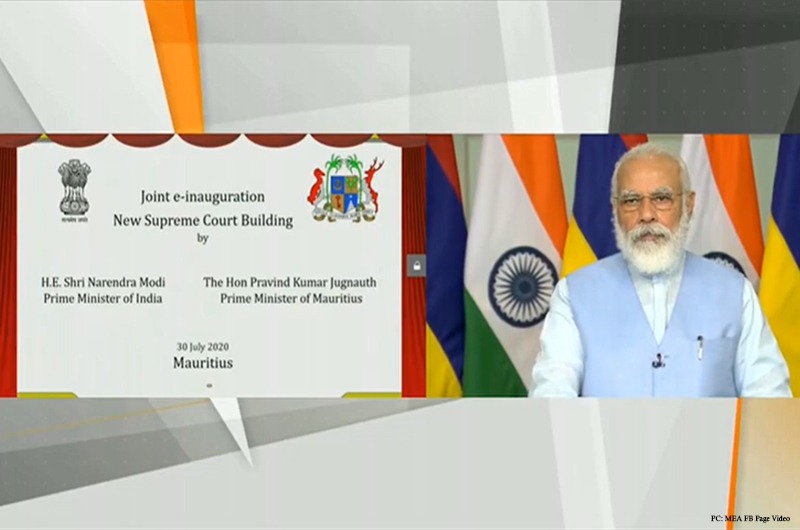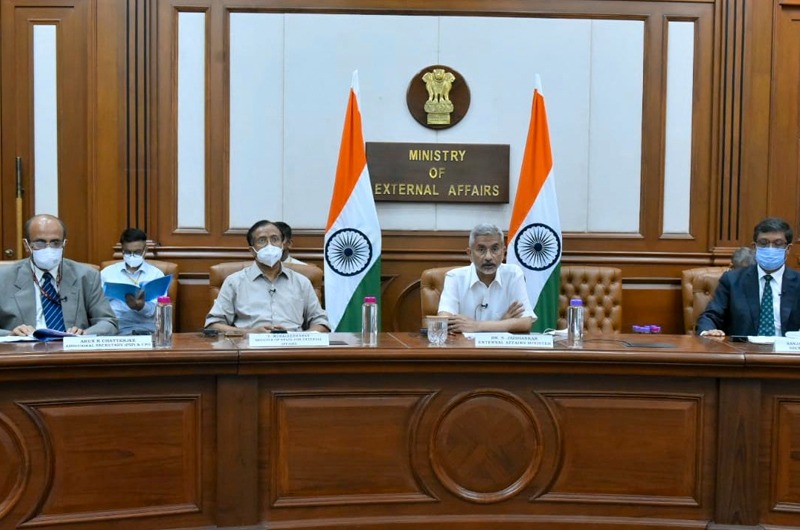

New Delhi: Suriname, previously a Dutch colony, abolished slavery in 1863; however colonial administrators had to find an alternative to meet the burgeoning cost of maintaining their empires particularly the colony’s vast sugar plantations.
Cheap labors from the Indian subcontinent were forced to board the ship and many were lured and deceived about the work they were supposed to do.
The recruitment process was hasty and unorthodox and people from poverty stricken Indian provinces were targeted. Many of these laborers were landless and affected by food shortages and unemployment due to the commercialization of the Indian economy generated by British economic policies.
To meet the demand for cheap labor, the Dutch conceived a contractual system, different from its predecessor only in name. Dutch and British officials came to an ‘understanding’ to ‘borrow’ laborers from certain parts of Haryana, west and east Uttar Pradesh, Bihar and Madhya Pradesh for a period of five years. Thus came to be born the ‘Girmit’ system in Suriname. The word ‘agreement’ was transliterated as ‘Girmit’ and ‘Girmitya’ by migrant laborers themselves.
They were sent not just to Suriname, but also Mauritius, Fiji, Trinidad, and Guyana. Of these, the Bhojpuri speaking population from east U.P. and west Bihar constituted the largest number. About 1.2 million people from this region were sent as migrant laborers to former colonies.
This mass movement of labor was meticulously recorded by former colonial powers and stored in the archives of many receiving colonies around the world.
Their stories are compelling and thought provoking which demand special attention about colonialism.
Yesterday, I had the honor to attend the launch of English edition of a Dutch novel ‘It Happened in Marienburg, Suriname’ written by Cynthia McLeod. She is the daughter of Johan Ferrier, the first President of Suriname.
The book launch was graced by the Hon’ble Minister of State for External Affairs, M.J. Akbar, and Dr. Dnyaneshwar M. Mulay, Secretary (OIA&CPV), Honorable Ambassador of Surinam Aashna Kanhai, and Honorable Ambassador of Netherlands Alphonso Stoelinga.
According to Cynthia McLeod, this book is a historical novel with more facts than fiction. She also said that writing this book was not about placing blame on anyone for whatever happened in the past. The author leaves us with the hope that the readers can learn something from this book.
Speaking at the launch Hon’ble minister M.J. Akbar said that people should never forget their past. “Colonialism was directly responsible for the sufferance and death of millions of our countrymen. Millions of people died in Bengal because of man-made famine orchestrated by the British. It’s something that we should never forget.”
The Indian Diaspora to these island nations made an enormous impact on the local economy, the politics and the socio-cultural ethos of the colonies. Many of these Indentured descendants went on to become renowned sportsmen, politicians, dignitaries and professionals.








